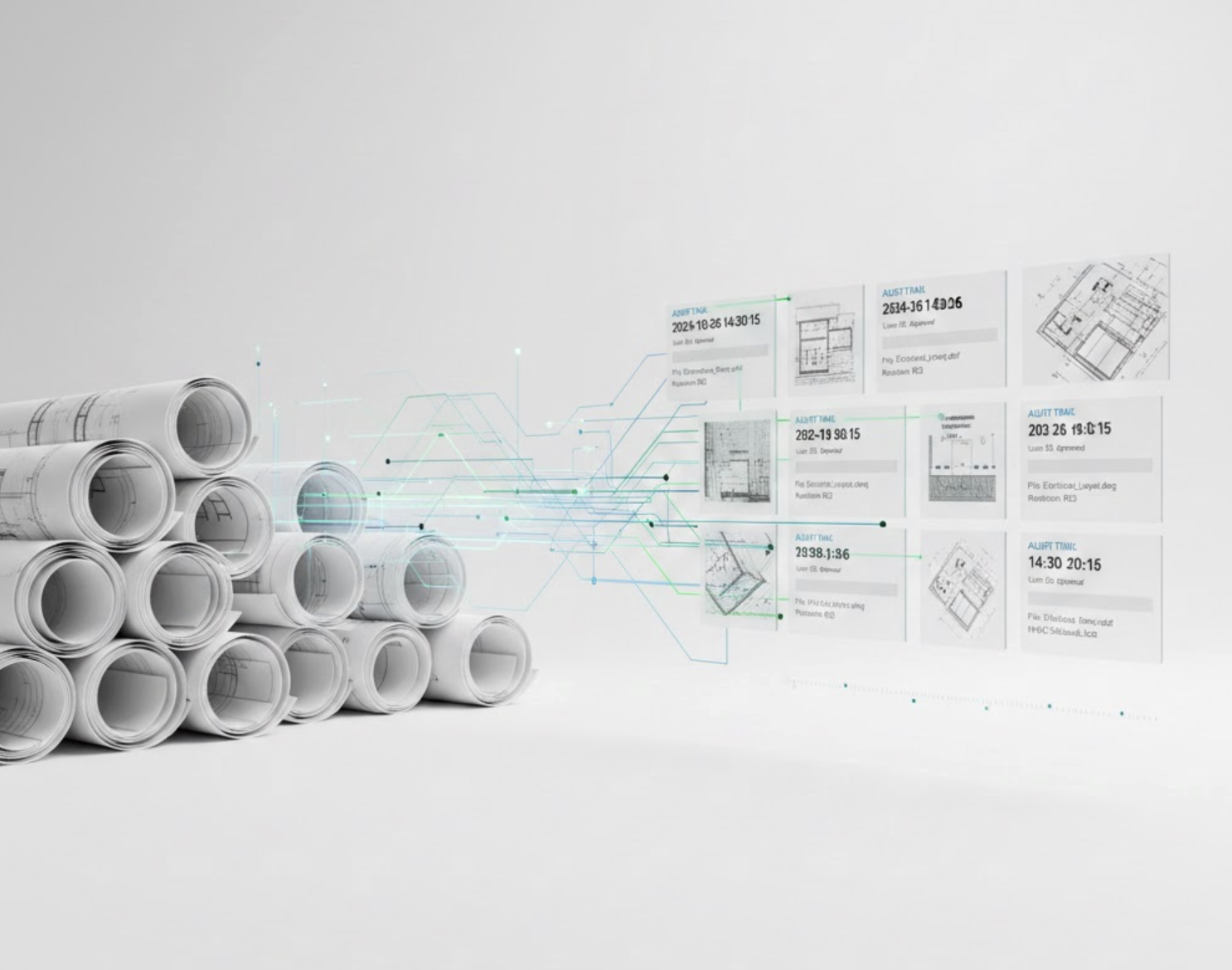Financial Risks Due to Late Subcontractor Onboarding
In the construction industry, timely onboarding of subcontractors is a critical aspect of project management. Delays in bringing subcontractors onto the project can pose significant financial risks that can impact not only the budget of individual projects but also the overall success of construction firms. In this article, we explore the key risks associated with late subcontractor onboarding, effective mitigation strategies, and how Zepth’s construction management solutions can enhance safety and compliance while reducing these risks.
Key Risks Associated with Late Subcontractor Onboarding
When subcontractors are onboarded late, several financial risks emerge:
Subcontractor Default or Insolvency
One of the most pressing concerns is the increased likelihood of subcontractor default or insolvency. A late onboarding process can prevent subcontractors from aligning with project timelines and requirements, potentially leading to major disruptions. General contractors may incur significant financial liabilities due to costs associated with finding replacement subcontractors, completing unfinished work, and navigating legal issues that arise from these defaults.
Safety Incidents and Liabilities
Late onboarding can divert vital safety personnel from their primary duties, increasing the probability of safety incidents on the job site. These incidents not only pose a risk to worker safety but can also lead to medical expenses, legal entanglements, and financial liabilities that can severely impact a project’s profitability.
Project Delays and Cost Overruns
Delays in subcontractor onboarding can have a domino effect throughout the project. If one subcontractor is delayed, it can affect the timeliness of subsequent trades, leading to overall project delays and cost overruns. Rectifying issues arising from quality problems or rectifying incomplete work can further strain financial resources, making effective construction project management essential.
Data Security and Compliance Risks
Poorly managed paperwork and documentation during the onboarding process can expose general contractors to data security risks and non-compliance issues. The financial penalties associated with data breaches or non-compliance can be substantial, as these issues can incur fines and damage the company’s reputation.
Mitigation Strategies
- Clear Contracts and Communication: Establishing comprehensive contracts with subcontractors that outline the scope of work, timelines, and quality specifications is crucial. Additionally, maintaining open communication can ensure that everyone is aligned and minimize disputes.
- Prequalification and Vetting: Conducting thorough prequalifications and vetting subcontractors before onboarding is essential. Checking creditworthiness, safety records, and adherence to regulations helps identify potential financial risks early in the process. Utilizing automated tools for subcontractor vetting can streamline this process.
- Streamlined Onboarding Processes: Implementing efficient, automated onboarding processes helps reduce the administrative workload and allows safety personnel to concentrate on site management. Construction management solutions like Zepth assist in rapidly completing necessary onboarding steps while ensuring compliance.
Best Practices for Timely Onboarding
To further mitigate risks associated with late onboarding, consider these best practices:
- Timely Onboarding: Completing onboarding processes on schedule is vital in prioritizing safety and minimizing financial consequences associated with delays.
- Automated Document Management: Implementing construction document management systems tailored to the industry enhances efficiency, security, and reduces risks related to paperwork.
- Continuous Monitoring: Keeping a close eye on the financial health and performance of subcontractors allows for early intervention and risk mitigation strategies.
Emerging Innovations in Onboarding Processes
Construction tech innovation continues to evolve, leading to the development of automated onboarding tools and advanced risk management software. Utilizing these technologies can streamline the onboarding process, reduce administrative workloads, and enhance compliance and safety throughout the project lifecycle.
Automated Onboarding Tools
Automated onboarding tools, such as those offered by Zepth, can significantly streamline the onboarding process. These tools help reduce administrative burdens while improving compliance and safety, ultimately lowering the financial risks associated with late subcontractor onboarding.
Advanced Risk Management Software
Employing advanced risk management software provides valuable insights into identifying and mitigating various risks during the subcontractor onboarding process. By utilizing these platforms, general contractors can better anticipate financial instability, quality concerns, and potential safety incidents.
How Zepth Can Help
Construction Management Solutions
Zepth offers comprehensive construction management solutions that streamline onboarding processes and include automated document management, compliance tracking, and risk management features. These solutions are designed to mitigate the financial risks associated with late subcontractor onboarding while fostering a safer working environment.
Efficient Onboarding Processes
Zepth’s platform efficiently completes necessary onboarding steps, allowing safety personnel to focus on crucial site management tasks rather than being bogged down by administrative responsibilities. This shift in focus further reduces the risk of safety incidents and financial liabilities.
Risk Mitigation
By providing tools for thorough vetting and prequalification of subcontractors, Zepth equips general contractors with the capabilities to identify and mitigate potential financial risks early in the process. This proactive approach promotes better financial outcomes and ensures project integrity.
Conclusion
Timely onboarding of subcontractors is essential in the construction industry to avoid significant financial risks related to default, safety incidents, project delays, and compliance issues. By implementing effective mitigation strategies and utilizing innovative platforms like Zepth, general contractors can enhance their project management processes while reducing risks, ensuring successful project delivery.




